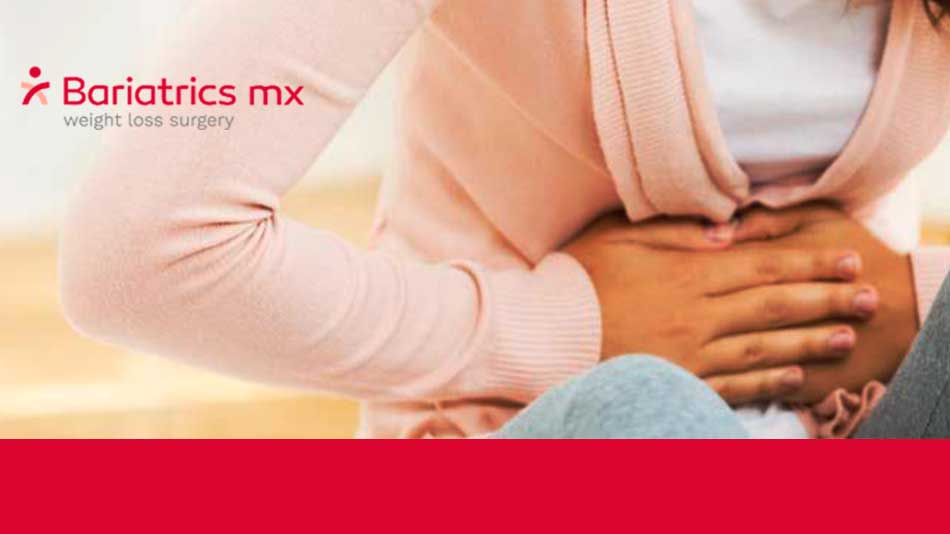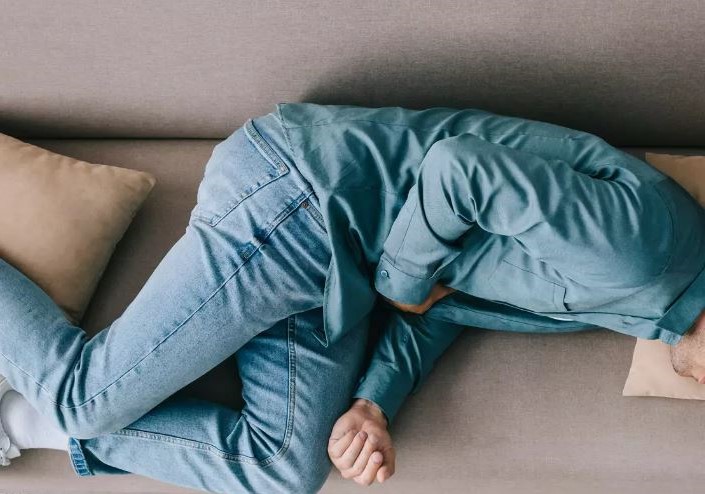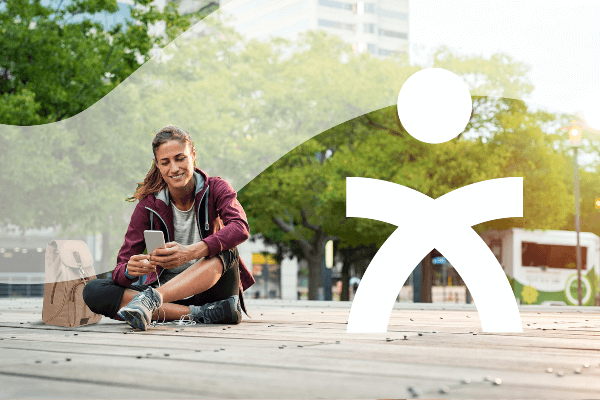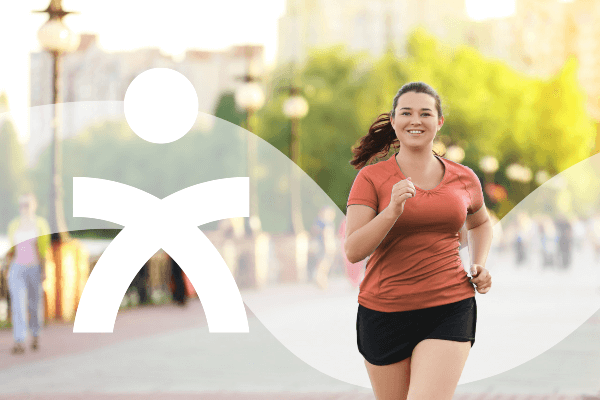Stomach Pain After gastric sleeve
Stomach spasms after gastric sleeve surgery can be frightening. However, they are common with this procedure. Your surgeon will place drains inside your stomach to remove the waste fluid from the small intestine and then seal off the stomach to make it smaller. Your surgeon will then use staples or rubber bands to repair the stomach muscles so they will not spasm.
There is no need to panic if you have stomach spasms after gastric sleeve surgery. This usually occurs within five days to a week. It actually feels much like indigestion. You may even be tempted to drink some juice or soft drinks to relieve the pain, but this does not help at all. In fact, it can make it worse.
Solution: Stomach Spasms After Gastric Sleeve
The best thing to do if you experience stomach spasms after gastric sleeve surgery is to rest as much as possible. Give yourself at least six hours of rest. Also, make sure that you stay away from spicy foods for at least the first week to allow your stomach to heal completely.
if the stomach discomfort persists or becomes more intense, you can contact us to help you solve it. SEND MESSAGE
Stomach spasms are sometimes caused by pressure on the gastric sleeve during the recovery process. Because the gastric sleeve was cut into your stomach to allow it to fit through a smaller opening, there is some additional pressure from the stomach pouch. As this stomach pouch shrinks after you have had a gastric sleeve, it can press against your stomach and cause contractions. Although this is more likely to happen with younger people who had a lot more stomach fat to begin with, it can happen to anyone.
Another issue that causes stomach spasms after gastric sleeve surgery is infection. If you have an open surgery and you do not use the correct type of bandage after having your gastric sleeve, you may develop an infection. There are several antibiotics available to treat the infection after you gastric sleeve surgery. If you develop a problem, you can contact your surgeon and discuss alternate treatment options. Antibiotics are used to clear up most stomach pouch infections, although you may need to take them for a longer period of time than usual.
In addition, stomach spasms can occur later in the healing process because your body can be weaker than you expected. Because your stomach is not quite as strong as it was before you had the surgery, you will have a weaker ability to heal. You may also experience side effects from your medication, such as diarrhea and vomiting. Your surgeon can give you the right medication to avoid these side effects, but it is a good idea for you to check with your doctor before you stop taking any medication. This can help you avoid any complications later.
If you have stomach spasms after gastric sleeve surgery, you should consult with your surgeon as soon as possible. He can evaluate your current state and suggest the best course of action to avoid further complications. During this evaluation, he will likely perform a surgical procedure to remove the extra stomach tissue that has developed and to correct any problems in the gastric sleeve. Once the procedure is completed, you will regain all of the lost nutrients and weight and be able to return to a normal diet. Although stomach spasms are usually short lived, they can be uncomfortable and can interrupt your recovery.
Stomach spasms after gastric sleeve surgery are usually treated using anesthetics or pain killers. However, some people choose to use herbal remedies instead. Some of the herbs that you may want to try include ginger, which has been known to relieve abdominal discomfort and spasms, aloe vera, which can help to promote healing and reduce spasms, and Cayenne pepper, which can stimulate blood circulation and increase nutrient absorption. Before taking herbs for symptoms, it is important to speak with your doctor to make sure that they will be safe for you.







